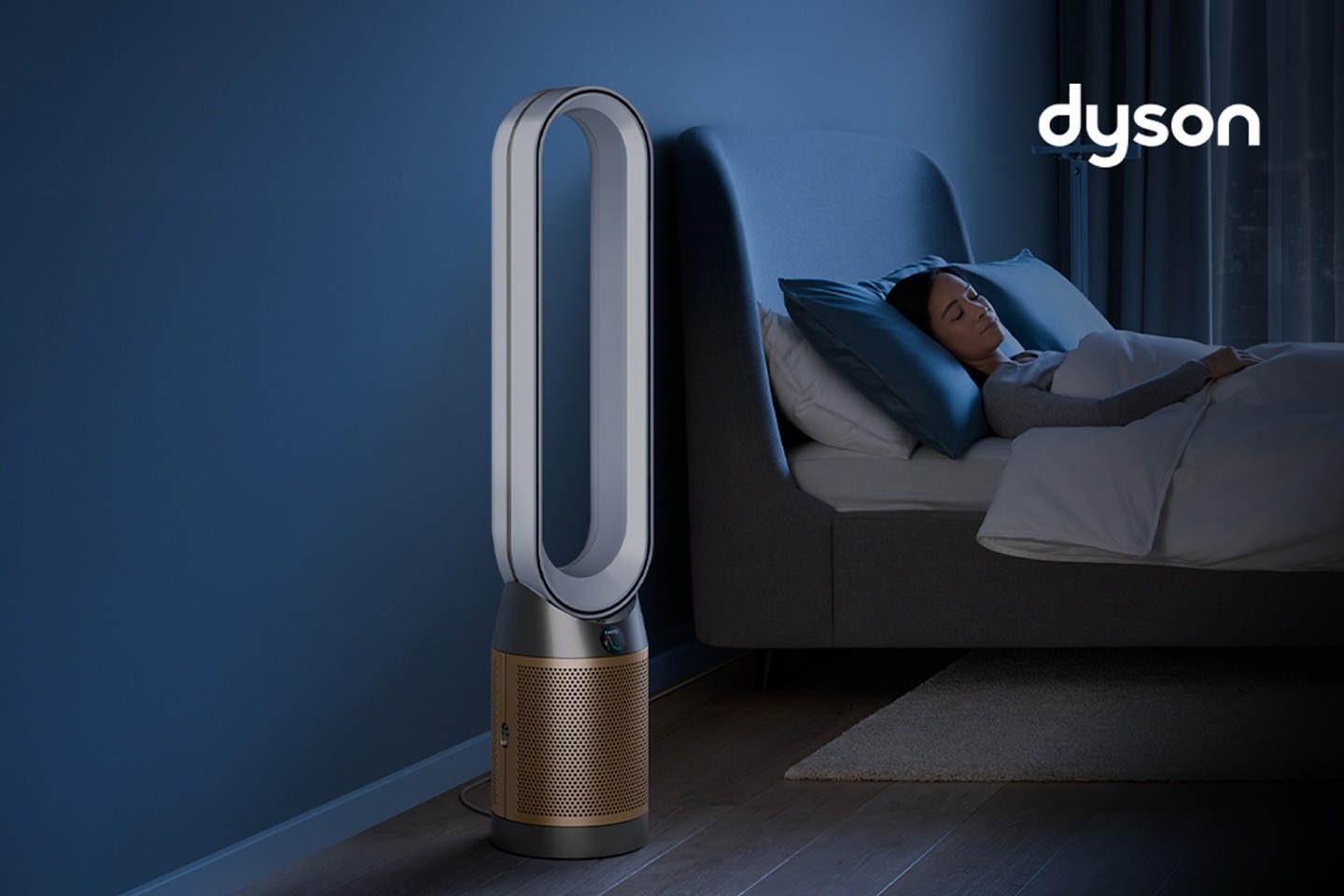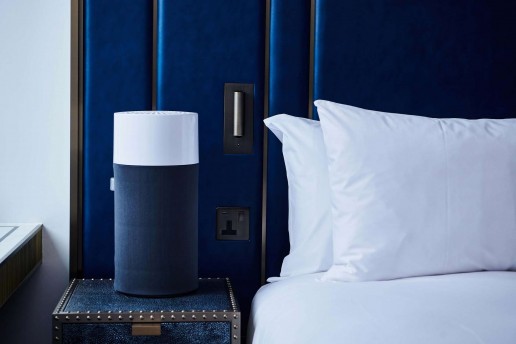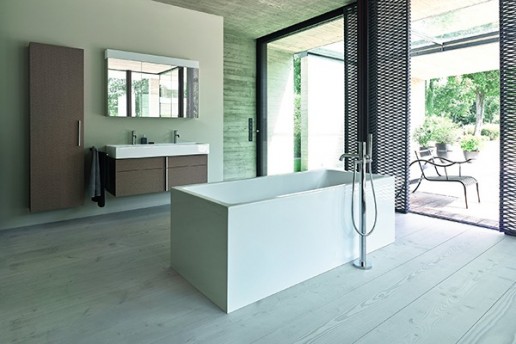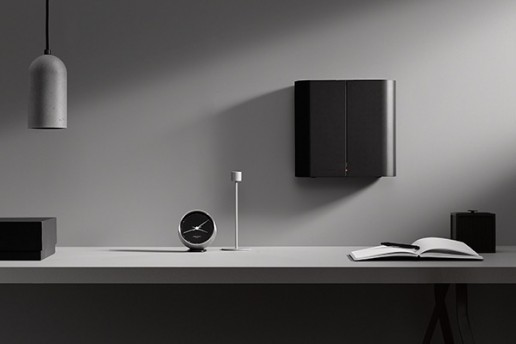Dyson discusses air purification in hotels
Innovative British technology company Dyson takes a deep dive into air purification in hotels, highlighting the importance of indoor air quality in order to create a cleaner, more comfortable environment for hotel guests.
Create a Cleaner, more Comfortable Environment for Guests
Indoor air quality is a global problem. We are increasingly aware of the need to avoid busy roads, switch off idling engines and protect our outdoor environment from pollutants. But we are less aware of the impact that air quality has on us as individuals, not only during the comparatively short periods of time we spend outside, but indoors where we spend 90% of our time, the air can be up to 5 times worse than outdoor air [1] – especially in more recent times.
For the hospitality sector especially, it has become crucial to design a pathway towards a secure reopening and a sustainable management of premises that ensures guests feel more comfortable during their stay.
For example, a recent case study in cooperation with a major hotel considers the necessity to provide consistent information about indoor air quality and promote adequate management for guests and their indoor environments.[2]
The Indoor Generation
Most of the air we consume is indoors, but that air can contain microscopic particles, invisible to the human eye. Pollution sources like particulate matter from vehicle emissions or buildings and pollen can enter and combine with indoor pollution sources like cleaning products, scented candles, indoor paints, and cooking fumes.
In modern buildings the focus on energy efficiency and heat insulation has contributed to poor ventilation – this has led to worsening indoor air quality as bacteria and pollutants in the air can’t escape as easily. Inadequate ventilation can help outdoor pollutants, like PM2.5, penetrate indoors. Dyson’s advanced 360° HEPA H13 filter captures 99.95% of pollutant particles as small as 0.1 microns[3] from the air – keeping them sealed in. And the unique catalytic filter continuously destroys formaldehyde.[4]
Cleaner Air for Your Guests
Dyson Air Multiplier™ technology that purifies the air can enhance hotel comfort and enable guests to create their preferred conditions. As well as night time mode, that uses the machine’s quietest settings and lower audible noise for use in hotel rooms. For a comfortable night’s sleep.
According to Dyson Global Category Director – Environmental Care, Charlie Park, the profile of air purification and indoor air quality is increasingly top of mind.
“Traditional air circulation and air conditioning systems usually contain a filter element. But in today’s climate of being cleaner and more hygienic than ever before, it’s worth interrogating what impact those filters are having.”
“In the examples that our engineers have looked at, those filters can tend to focus on capturing larger particles like dust or airborne debris with the goal of protecting the airflow systems within, rather than providing efficient particle removal.
“HVAC or not, this is where our technology comes in to either support existing ventilation systems with our highly efficient filtration, or to offer an alternative method of air exchange,” he continued.
“Dyson purifiers have sealed filtration systems, and HEPA H13 certified filters. It means they can capture not only the larger particles but those as small as 0.1 microns, including gases, bacteria, and some viruses to ensure the indoor air meets guests’ expectations.”
Understandably, there are concerns around air quality and thermal comfort – feedback has shown that having a Dyson purifier in the room provides guests with visual reassurance coming back into the hotel environment, providing a more comfortable stay.
Book a consultation with Dyson’s air quality experts: hospitality@dyson.co.uk or call: 0800 345 7788
Find out more here.
[1] Hulin et al, Respiratory health and indoor air pollutants based on quantitative exposure assessments, European Respiratory Journal, Oct. 2012.
[2] The Challenge of Indoor Air Quality Management: A case Study in the Hospitality Industry at the Time of the Pandemic
[3] Tested for filtration efficiency at 0.1 microns (EN1822). Gas capture rates vary.
[4] Third party full machine testing based on GB/T 18801-2018 formaldehyde cumulative clean mass testing with continuous injection until plateau of formaldehyde CADR is achieved. Results may vary in practice.
Related Posts
11 August 2017
Duravit expands Vero Air bathroom collection
31 October 2016




